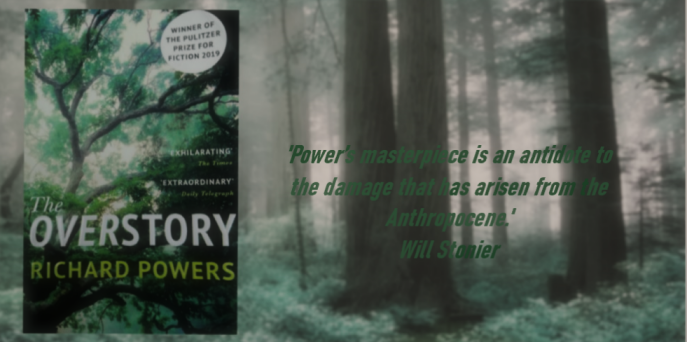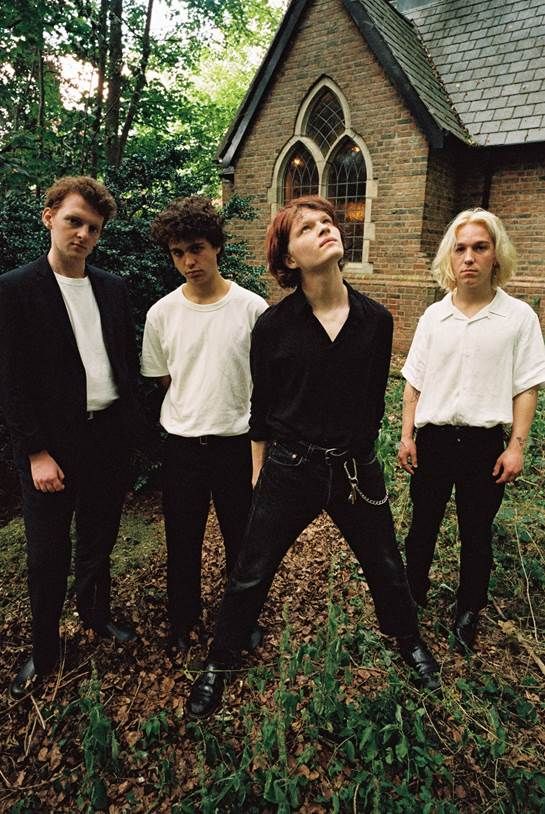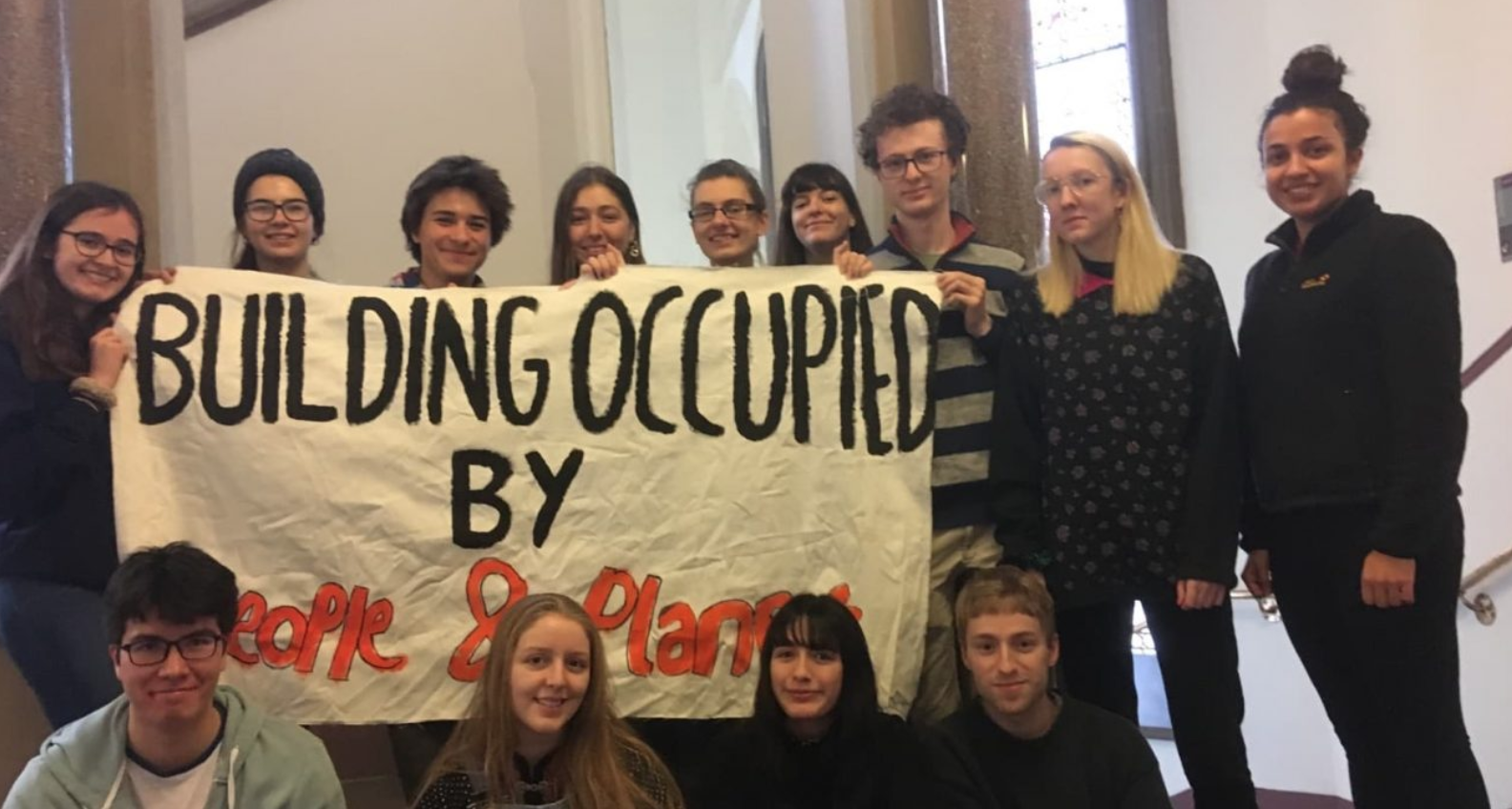Review: The Shadow
There were many themes at play in Company Chameleon’s performance of The Shadow, described as “a dark and psychological thriller,” which used contemporary dance to explore various aspects of humanity. A certain darkness played throughout, maintaining a slight sense of hopelessness even in times of light.
The lighting was consistently black and white, broken only by the everyday clothes of the dancers, which did little to lighten the mood. This was consistent with the music, which pulsed a regular beat with only the occasional moment of quiet.
The choreography beautifully played with this beat as the dancers showed off a perfection of movements demonstrating awe-inspiring core strength.
From the very beginning, there was bleakness. A scene of childlike joy briefly lifted this before we were plummeted back into the gritty atmosphere. Later came another upbeat scene, startling in its brightness, but even this was twisted by the anger of the people in it and tension between the dancers.
The idea of interaction between people was ever-present, with the ‘shadows’ – one for each of the main dancers – dressed head to toe in black, complete with black fencing masks, creating an extra dimension. A particularly dark part used the shadows to slowly push a man away from his friends as they seemed not to notice and continued their friendly interactions without him.
Perhaps most impressive was the level of trust between the dancers: they threw themselves at each other and fell with the trust of being caught, all without any evident signs of distress. Playfulness, courtship and even fights were carried out in a way that was occasionally uncomfortable in its realism, yet remained elegant and true to the style of the piece.
Over the course of the play, we saw each of the dancers’ darker sides in solo pieces that seemed to show the darker side of humanity. Even in these solo pieces, reflections and exaggerations of movements created breathtaking pieces that showed us the internal monologue of various characters. In this sense, for a piece that claims to be about people’s truest selves, it seems a somewhat bleak outlook.
Personally, I found this to be an incredibly emotive piece that I definitely connected with on some level. Despite finding it difficult to point to a narrative or themes, I found that this truly felt like a piece of art. As Banksy once said: “Art should comfort the disturbed and disturb the comfortable.” This work definitely disturbed my comfort. But maybe that is what it was designed to do.
The Mancunion recently interviewed Anthony Missen, the co-artistic director of Company Chameleon. He told us what The Shadow means to him.
The Shadow continues its UK tour until 30th November






















